Introduction to Small Activated Carbon Kilns
The realm of industrial charcoal production is witnessing a surge in efficiency with the advent of small activated carbon kilns. These compact units are revolutionizing the way organic materials are transformed into charcoal and activated carbon, a critical component for various applications including water filtration systems.
Design and Operation
Small-scale activated carbon kilns are designed with simplicity and ease of operation in mind. Their straightforward construction ensures that charcoal manufacturers can operate them without unnecessary complexity, focusing on production rather than intricate machinery management. These kilns are versatile, capable of processing diverse biomass types, from wood to coconut shells, converting waste into valuable resources.
Efficiency and Sustainability
Efficiency is at the heart of these kilns, with certain models ingeniously designed to repurpose the smoke from carbonization, thereby reducing fuel consumption. This not only cuts operational costs but also aligns with eco-friendly practices. The adaptability of small carbonization kilns to various raw materials further enhances their sustainability, promoting waste reduction through the creation of usable charcoal.
Construction and Durability
The construction of small activated carbon kilns focuses on longevity and minimal maintenance requirements. Their robust parts and materials ensure a prolonged service life, allowing for continuous operation essential for production demands. Despite their small footprint, these kilns are built to withstand the rigors of charcoal production.
Productivity and Versatility
Choosing the right activated carbon kiln small in size can significantly impact productivity. These kilns come in various capacities and sizes, ensuring that there is a perfect fit for every production facility's needs. Their ability to handle different biomass types not only makes them a versatile asset but also allows for the exploration of new product lines such as activated carbon for air purification and soil amendment.
Eco-Friendly Options
The market for small activated carbon kilns includes options that prioritize ecological considerations. These models are designed to set up outdoors, maintaining safe and environmentally responsible production. By choosing these kilns, facilities can contribute to a greener production cycle while still achieving their charcoal output goals.














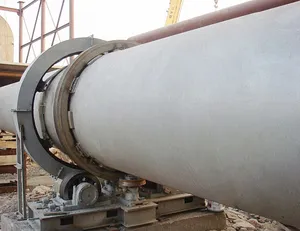

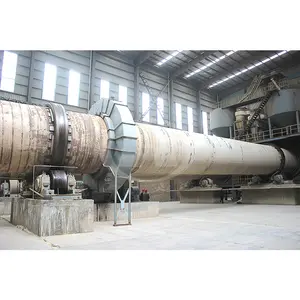








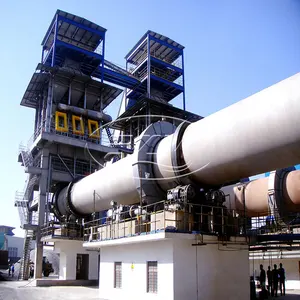









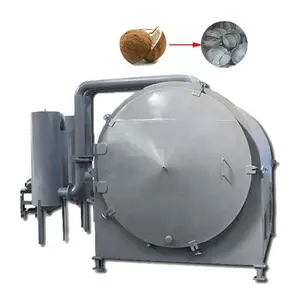


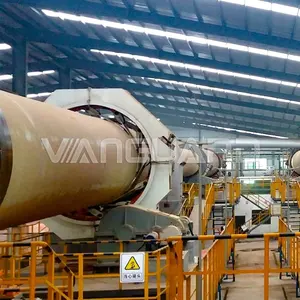


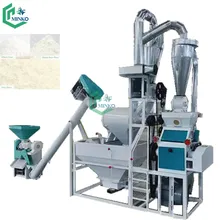


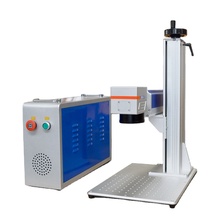






























 浙公网安备 33010002000092号
浙公网安备 33010002000092号 浙B2-20120091-4
浙B2-20120091-4